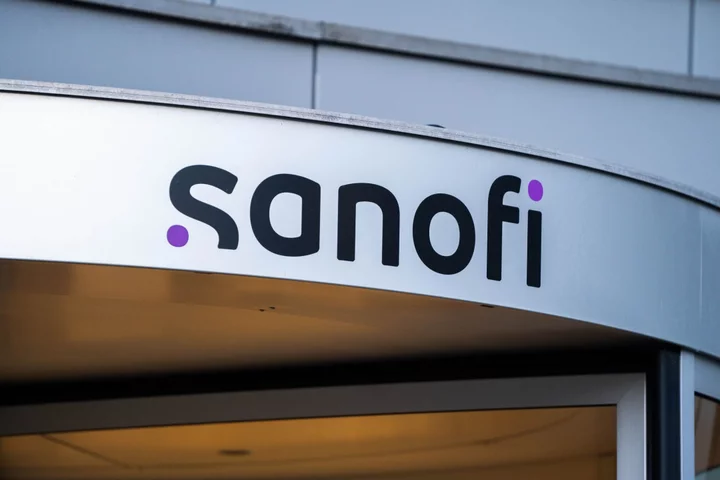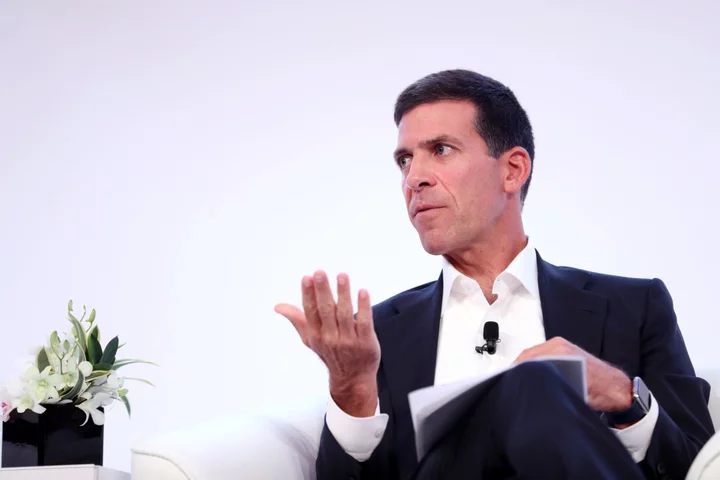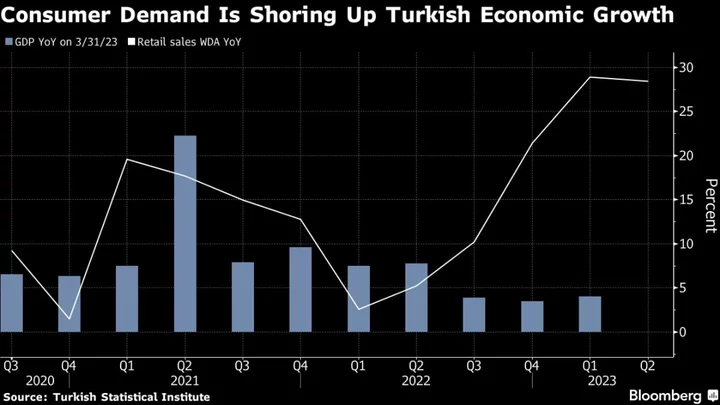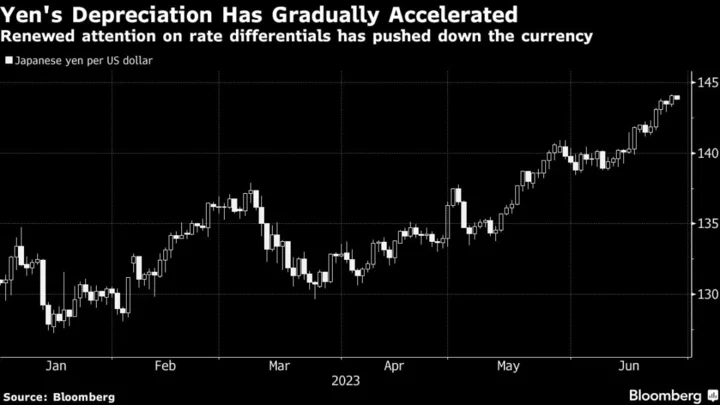Sanofi shares plunged after a surprise forecast for lower profit next year overshadowed optimism about a plan to spin off the consumer health division.
The stock dropped as much as 16% in Paris trading, a record, wiping €19.5 billion ($20.6 billion) from Sanofi’s market value.
The drugmaker warned that increased investments in research and development and a tax-rate change will cause 2024 earnings to fall from 2023 levels. It also posted disappointing third-quarter earnings.
Sanofi’s 202
4 guidance is about 9% below what analysts had been expecting, and the company may further disappoint since it removed a 2025 profit target despite plans to boost sales and cut costs, Mark Purcell, an analyst at Morgan Stanley, said in a note.
Although a consumer health separation promises greater focus on the development of potentially lucrative prescription medications, the move to prioritize R&D raised concerns about higher costs cutting into profit margins, at least over the next couple of years.
Sanofi is reviewing options for the potential split, but said a “capital markets transaction” to form a separately listed company based in France is the most likely course. The move could occur as soon as the fourth quarter of 2024, it said Friday.
Pure Play
With the step, Sanofi would join the ranks of big pharma peers GSK Plc, Novartis AG, Pfizer Inc. and Johnson & Johnson, all of which have split off their consumer health divisions in recent years to free up resources for developing next-generation therapies for cancer, rare diseases and other ailments.
The goal is to turn Sanofi, for the first time, into a “pure play biopharma company,” Chief Executive Officer Paul Hudson said on a call with reporters Friday.
Bloomberg News first reported in 2019 that Sanofi was considering options for the consumer health arm, saying it could be worth $30 billion.
The French drugmaker said that separating the business will allow it to generate better long-term value from innovative therapies, particularly in immunology or in vaccines. Some analysts remain upbeat.
“Our positive investment thesis takes a knock today but we continue to see a superior and sustainable revenue growth story, versus the sector, from 2025 through 2030,” Peter Verdult of Citigroup said in a note.
Strategy Update
Sanofi has been working for the past few years to create a standalone business unit for consumer health, which sells products from Allegra for allergies to Gold Bond skin lotions. It changed the division’s leadership, created new legal entities and operational structures and streamlined its portfolio by selling off more than 100 brands.
“A lot of hard work was necessary to make sure that we could grow, but at the same time, it’s work that allows us to be able to separate,” Hudson told reporters.
The French drugmaker said splitting off the division will allow the company to generate better long-term value from cutting-edge therapies, particularly in immunology or in vaccines.
Sanofi’s updated strategy, outlined Friday, also includes increasing investments in its pipeline of experimental medicines, in part by cost-cutting measures designed to free up €2 billion over the next two years.
What Bloomberg Intelligence Says:
Sanofi’s plans to ramp up R&D spending to support a developing pipeline are sensible, but a resultant 2024 earnings decline and retreat from a 2025 operating margin target may surprise. Initial indications suggest a new investment level about 10% (€700 million) above consensus estimates. A Dec. 7 R&D day will enable the market to better assess this apparent strategic change.
— John Murphy, BI pharma analyst
Sanofi May Spin Off Consumer But 2024 Profit Warning Key: React
Sanofi has already been bringing new drugs to market as generic competition ramps up for aging multiple sclerosis medicine Aubagio and investors express concern about its reliance on the blockbuster asthma and skin medicine Dupixent. Sales of the antibody treatment could surpass $10 billion this year and go well beyond if the drug’s promise in treating a chronic lung disorder is confirmed.
The company is launching new prescription drugs to bolster revenue such as Altuviiio for hemophilia and Beyfortus for respiratory syncytial virus in young children. There’s also Tzield for type-1 diabetes, a drug picked up in the acquisition of Provention Bio Inc.
Investors have been looking for signs that those new products are gaining traction and that Sanofi’s pipeline of experimental medicines is getting stronger. The company has had a few boosts on that front of late, with positive clinical data for new skin therapy amlitelimab and a couple of deals for treatments for bowel disease and an invasive form of a digestive pathogen.
--With assistance from Joe Easton.
(Updates with information on spinoff, analyst comment)









